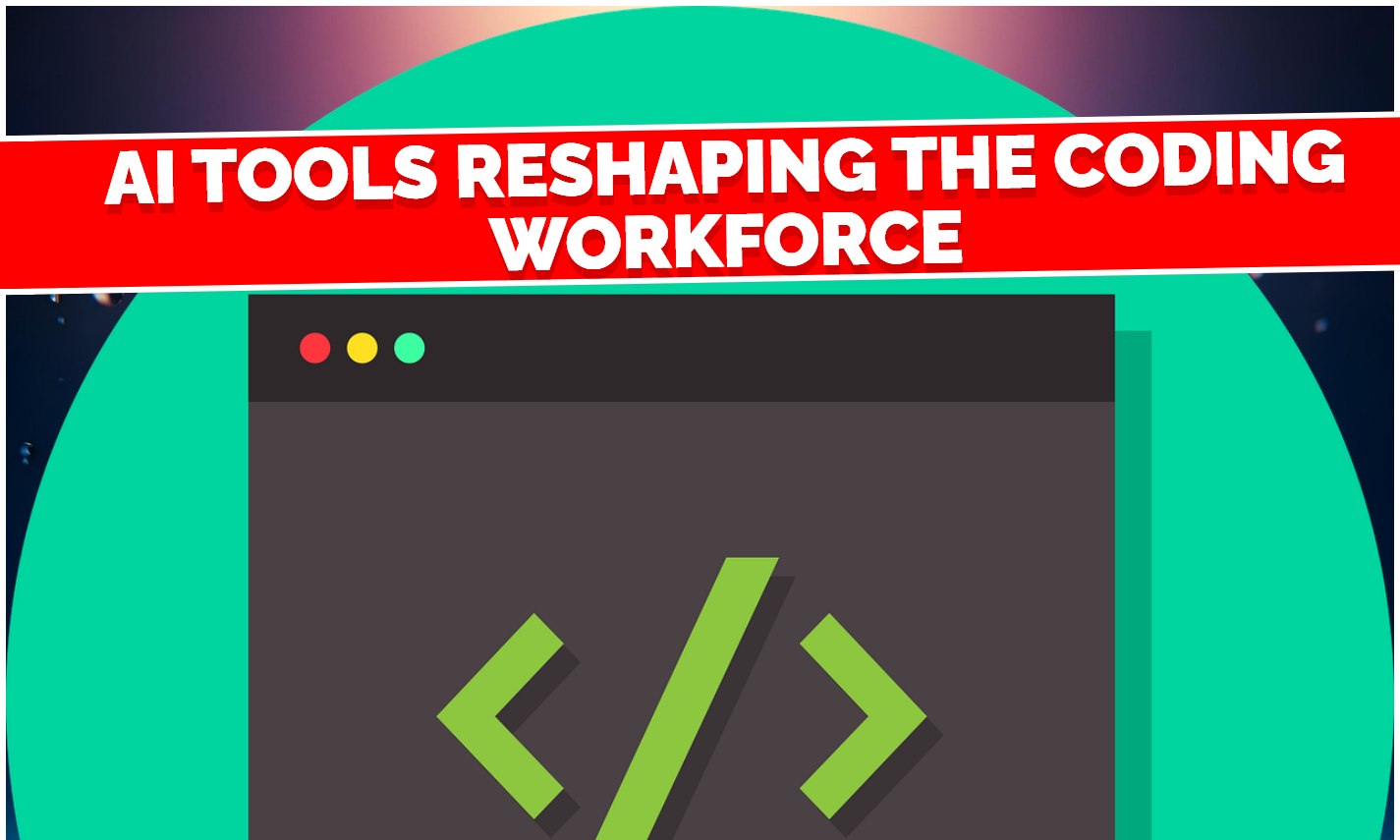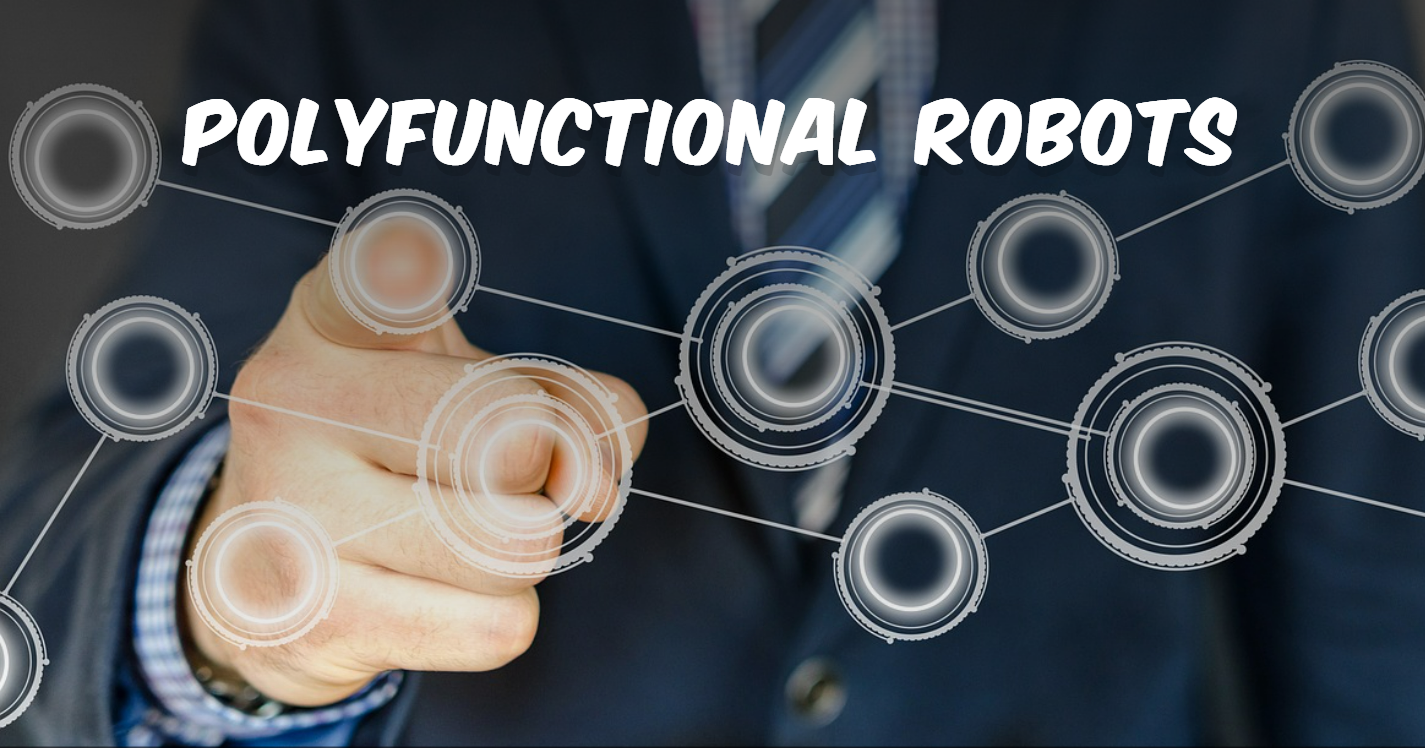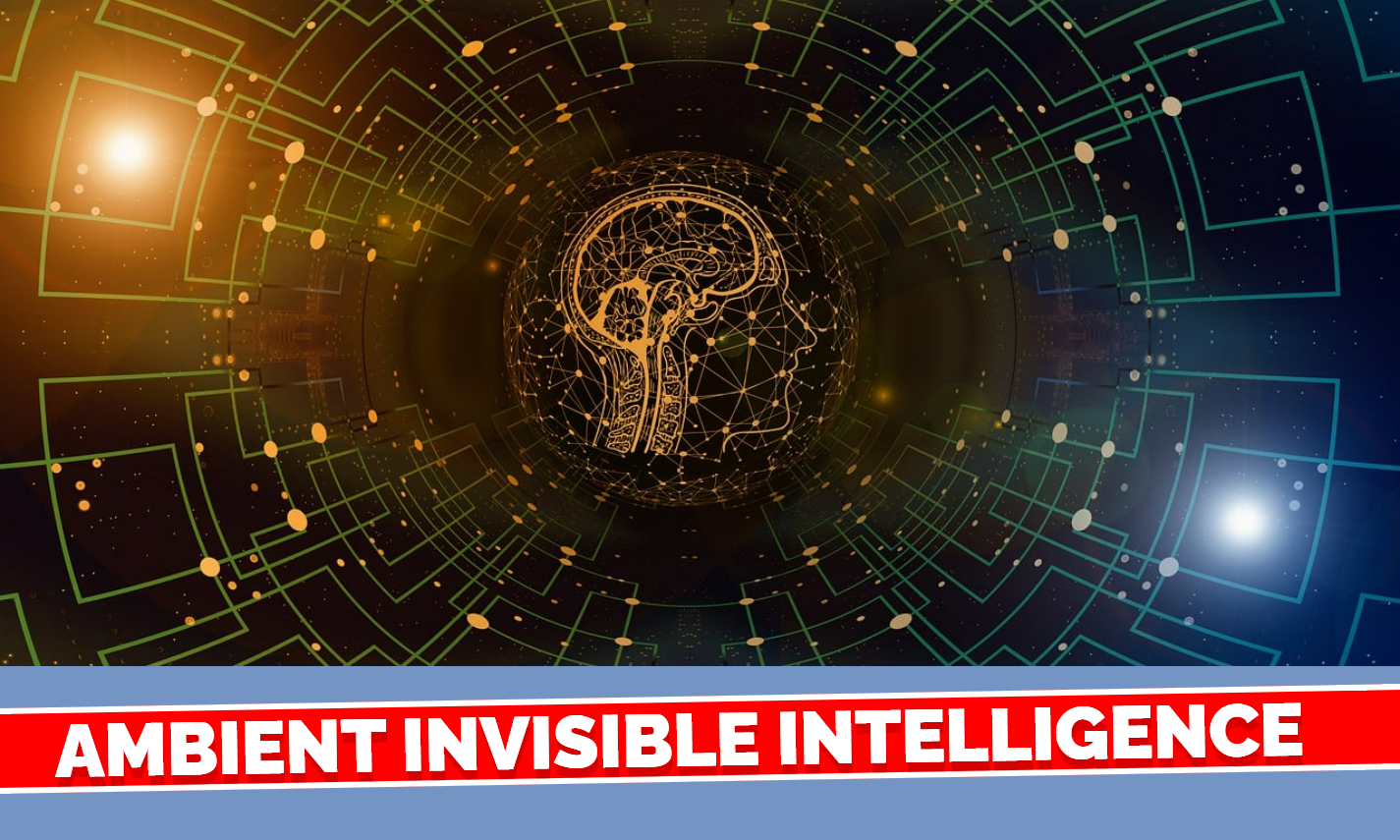Artificial Intelligence (AI) is quickly changing the healthcare industry, advertising modern conceivable outcomes in conclusion, treatment, quiet care, and authoritative assignments. One of the most promising headways in AI is the utilize of expansive dialect models like OpenAI’s ChatGPT as demonstrative collaborators.
By leveraging its capacity to get it and create human-like content, ChatGPT and other AI instruments are balanced to revolutionize how healthcare experts make choices, oversee understanding intelligent, and make strides in general outcomes.
In this article, we investigate how AI, especially ChatGPT, is being utilized as a demonstrative right hand in healthcare, its potential benefits, challenges, and the future of AI in medicine.
ChatGPT: An Diagram of Its Capabilities
ChatGPT, created by OpenAI, is a generative dialect show that can get it and produce human-like content. Built on profound learning strategies, it has been prepared on tremendous sums of information, empowering it to react to questions, create content, help in composing errands, and indeed fathom complex issues over different spaces. ChatGPT is outlined to get it setting, produce important data, and give help in regions extending from client benefit to instruction and, progressively, healthcare.
As a symptomatic partner, ChatGPT utilizes its capacity to handle therapeutic writing, analyze understanding information, and produce potential analyze. It can help healthcare suppliers by advertising data, recommending conceivable conditions based on side effects, and indeed giving experiences into uncommon infections or conditions that may be ignored. In any case, it is imperative to note that ChatGPT is not outlined to supplant human specialists but or maybe to complement their skill, making a difference them make more educated decisions.
Enhancing Symptomatic Precision with AI
One of the key benefits of utilizing ChatGPT as a demonstrative collaborator is its capacity to help in diagnosing complex cases. In numerous occasions, healthcare suppliers may experience side effects that are dubious, non-specific, or troublesome to decipher. AI-powered devices like ChatGPT can filter through gigantic sums of therapeutic information, counting investigate papers, case considers, and clinical rules, to propose conceivable analyze based on the displayed indications. This can altogether decrease the chances of lost a uncommon or difficult-to-diagnose condition.
For case, ChatGPT can help specialists by recommending differential analyze when displayed with a list of indications. If a persistent reports weakness, weight misfortune, and joint torment, ChatGPT might produce a list of potential conditions, extending from immune system illnesses like lupus to unremitting contaminations or indeed cancers, all of which seem display with comparative side effects. By considering a broader cluster of conceivable outcomes, ChatGPT can offer assistance direct healthcare experts toward a more precise and opportune diagnosis.
Furthermore, ChatGPT’s capacity to analyze the most recent inquire about can offer assistance specialists remain upgraded on unused therapeutic disclosures and treatment alternatives. In a field where modern data is continually developing, AI can rapidly handle and show the most significant discoveries, guaranteeing that healthcare suppliers are not restricted by the volume of investigate they can physically keep up with.
Reducing Human Blunder in Diagnosis
Human mistake is an inescapable portion of healthcare. Doctors, in spite of their ability, may miss key points of interest or be influenced by cognitive inclinations when diagnosing patients. AI, on the other hand, is not vulnerable to these predispositions and can prepare endless sums of information without the weakness or enthusiastic stretch that human experts may experience.
For occurrence, AI apparatuses like ChatGPT can offer assistance distinguish designs in persistent information that might be neglected in a active clinical environment. This can be particularly supportive in zones such as radiology, where unobtrusive signs on imaging may go unnoticed by indeed experienced radiologists. By cross-referencing indications with a database of known conditions, ChatGPT can offer assistance clinicians recognize less self-evident conditions and anticipate demonstrative oversights.
Additionally, ChatGPT’s capacity to prepare data rapidly and proficiently implies that specialists can spend less time on schedule demonstrative errands and more time centering on understanding care. In this way, AI makes a difference to diminish the cognitive stack on healthcare experts, permitting them to center on making basic choices or maybe than getting impeded down by minutiae.
Assisting in Uncommon and Complex Cases
In therapeutic hone, uncommon illnesses and conditions are regularly a challenge to analyze. Specialists may experience cases where the side effects do not fit perfectly into common symptomatic categories, making it troublesome to arrive at the adjust determination. ChatGPT, with its broad database and capacity to synthesize data from a wide extend of sources, can offer assistance healthcare suppliers consider uncommon infections that might something else be overlooked.
For illustration, a doctor displayed with a quiet encountering side effects that do not adjust with ordinary analyze might counsel ChatGPT, which seem recommend uncommon conditions such as immune system disarranges, metabolic infections, or uncommon diseases. This can lead to prior determination and more precise treatment for patients with conditions that may not be quickly apparent.
By serving as an extra demonstrative instrument, ChatGPT can complement the skill of doctors, especially in cases where involvement with a specific condition is constrained. Its part is to offer proposals and experiences that offer assistance direct clinical decision-making, or maybe than supplanting the doctor’s judgment.
Supporting Patients in Provincial and Underserved Areas
Access to quality healthcare is a critical issue in numerous parts of the world, especially in country and underserved zones. In these settings, patients may have restricted get to to pros or may have to travel long separations to get care. ChatGPT, as portion of telemedicine stages or healthcare apps, can give preparatory symptomatic back to patients in inaccessible locations.
Patients can associated with ChatGPT by means of a chat interface or voice partner, giving their side effects and getting data approximately conceivable conditions. Whereas ChatGPT cannot supplant a specialist, it can offer important bits of knowledge and propose whether a visit to a healthcare supplier is essential. In farther zones where get to to healthcare experts is constrained, this might be a crucial instrument for early conclusion and convenient treatment.
In expansion, ChatGPT can help in follow-up care, advertising direction on overseeing persistent conditions or reminding patients of pharmaceutical plans. This can move forward understanding adherence to treatment plans and offer assistance avoid complications from dismissed wellbeing issues.
Challenges and Restrictions of ChatGPT as a Symptomatic Assistant
While the potential for AI in healthcare is tremendous, there are a few challenges and confinements that must be considered when joining ChatGPT into clinical practice.
1. Exactness and Reliability
AI models like ChatGPT are as it were as dependable as the information they are prepared on. If the preparing information incorporates wrong, obsolete, or one-sided data, the AI’s proposals may be inaccurate. In healthcare, this might lead to misdiagnoses or unseemly treatment proposals. It is basic that AI models be persistently overhauled with the most recent, evidence-based restorative information to guarantee accuracy.
2. Need of Human Instinct and Empathy
Although ChatGPT can prepare data and create reactions based on information, it needs the instinct, compassion, and understanding that human specialists bring to persistent intuitive. A determination is not fair almost coordinating indications to conditions; it moreover includes considering the patient’s by and large well-being, history, and setting, all of which require human judgment. AI can bolster specialists, but it cannot supplant the human component of healthcare, which is pivotal for building believe with patients and making choices in complex or candidly charged situations.
3. Protection and Information Security
Healthcare information is exceedingly touchy, and guaranteeing persistent protection and information security is foremost. Utilizing AI like ChatGPT in clinical settings raises concerns almost how persistent information is taken care of, put away, and shared. Strict controls and shields must be in put to ensure persistent privacy and anticipate unauthorized get to to individual wellbeing information.
4. Administrative Challenges
For AI to be broadly received in healthcare, it must meet administrative measures built up by therapeutic specialists, such as the U.S. Nourishment and Medicate Organization (FDA) or the European Drugs Office (EMA). These administrative bodies must guarantee that AI devices are secure, compelling, and moral some time recently they can be coordinates into clinical hone. This can be a long and complex prepare that may moderate the broad selection of AI-powered symptomatic assistants.
The Future of AI in Healthcare
As AI innovation proceeds to development, its part in healthcare will likely extend. ChatGPT and comparable AI instruments will proceed to make strides in terms of symptomatic precision, speed, and integration with other healthcare frameworks. In the future, AI-powered demonstrative collaborators may play a central part in helping specialists with conclusion, treatment suggestions, and personalized care plans.
AI has the potential to democratize healthcare, making high-quality symptomatic devices open to a broader populace, especially in underserved regions. Be that as it may, for this potential to be completely realized, healthcare frameworks must grasp AI dependably, guaranteeing that these instruments complement human skill or maybe than supplant it.
Conclusion
ChatGPT, as a symptomatic partner, holds monstrous guarantee for the future of healthcare. By supporting healthcare suppliers in diagnosing complex cases, lessening human blunder, and helping in uncommon infection distinguishing proof, AI apparatuses like ChatGPT can move forward the precision and proficiency of analyze. In any case, challenges stay, especially with respect to precision, administrative obstacles, and persistent security. By tending to these challenges and joining AI in a capable and human-centered way, healthcare can be changed, advertising quicker, more exact analyze and moving forward quiet results universally.









Leave a Reply